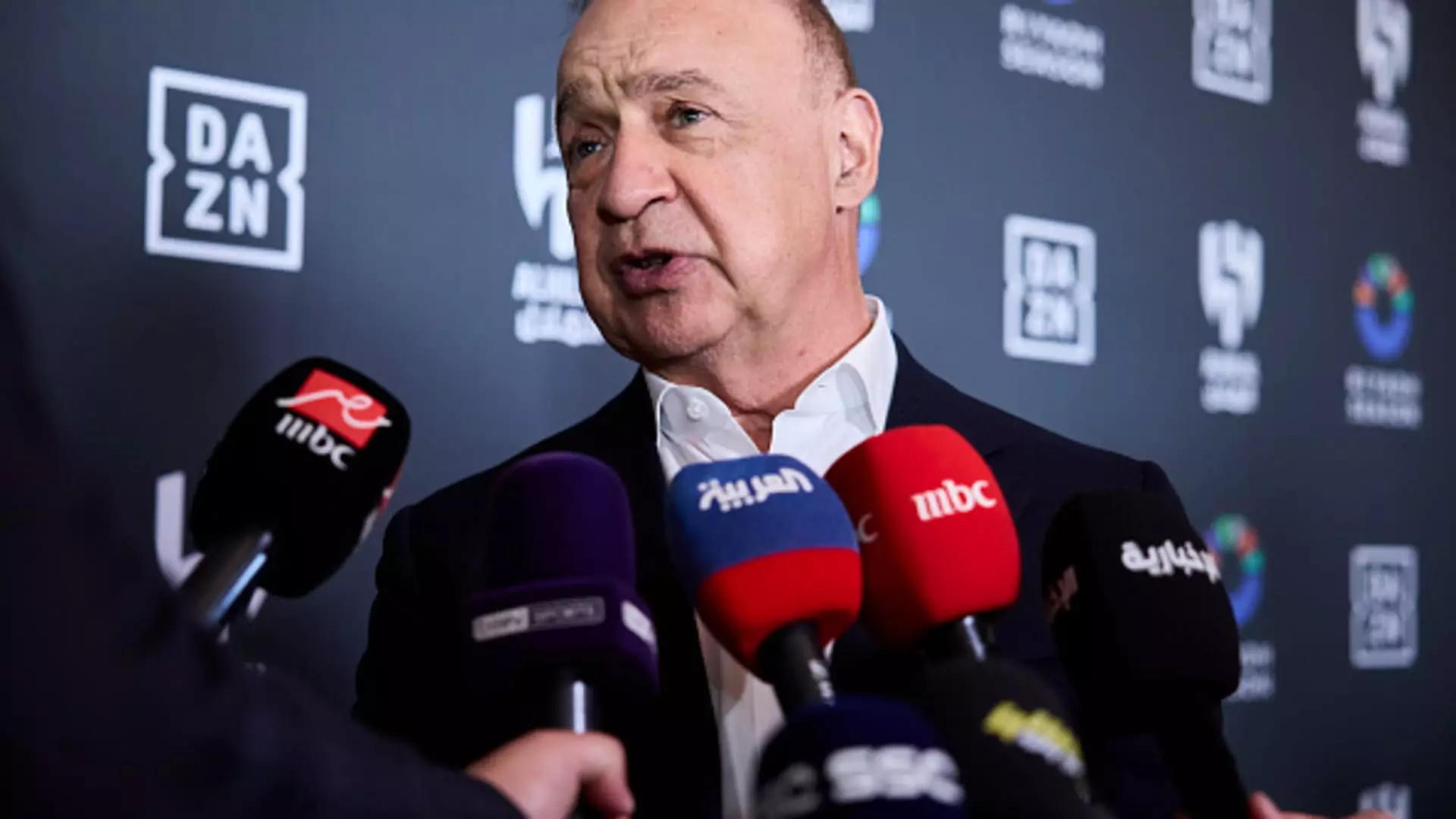In March, a significant and alarming trend emerged among high-net-worth investors, particularly family offices managing colossal assets exceeding $5 billion. This demographic—a powerful class shaping global economic trajectories—has pulled back drastically from deal-making, reflecting a staggering 45% decrease in direct investments year-over-year, according to data from Fintrx. As President Donald Trump’s tariffs cast a long shadow over global trade dynamics, the repercussions for investors became palpably evident.
The underlying anxiety among these wealthy investors stems from the immediate threat posed by uncertain tariff policies. With sweeping tariffs as high as 46% directed at certain countries, the market stood at a precipice of anxiety. Investors often view these tariffs not just as taxes but as volatile indicators of future economic health. It is within this context that family offices found themselves grappling with critical decisions: should they dive into new opportunities or retreat from a landscape increasingly characterized by instability?
Insights from Industry Experts
Vicki Odette, a partner at Haynes Boone, shed light on the hesitancy within family offices, emphasizing that many families paused to recalibrate their investment strategies. Odette articulated a sentiment common among investors today: an intensified focus on the potential impacts of tariffs on their portfolio companies. Such deliberation reflects the broader unease in the investment community as uncertainty fosters a culture of caution rather than risk-taking.
This pause is not merely a temporary setback; it signals a fundamental reevaluation of investment philosophies. High-net-worth families often act as long-term players in the market, and a sudden shift in trade policy can reverberate through their operational businesses, affecting their wealth accumulation strategies. Such concerns are especially pronounced in the context of family offices with diverse portfolios—ranging from tech startups to traditional manufacturing—that could find their valuations destabilized by these tariffs.
Selective Investments Amidst Unsettling Times
Despite the overwhelming trend of reduced investments, exceptions did emerge that highlight a nuanced response to prevailing conditions. For instance, Euclidean Capital, the family office associated with legendary hedge fund manager Jim Simons, made headlines by announcing its first investment in months—participating in a $60 million fundraising round for Zeitview. This venture into cutting-edge technology demonstrates a willingness to seek innovation even amidst turbulence. Family offices like Euclidean are likely recognizing the value inherent in firms that utilize advanced technologies such as artificial intelligence and drone imagery, particularly in vital sectors like renewable energy.
Additionally, conglomerates like Dubai Holding displayed their audacity by acquiring Nord Anglia Education for a staggering $14.5 billion—even as other families hit the brakes. Such moves suggest that while many family offices are retreating from traditional investments, there remains an appetite for strategic acquisitions that promise long-term viability, especially in sectors that are likely to experience growth despite external pressures.
The International Perspective on Family Investments
The ripple effects of these tariff policies are felt beyond American shores, particularly in the Middle East where many wealthy families traditionally invest. Amidst these complexities, Middle Eastern investors are increasingly cautious, keenly observing the American landscape and its potential ramifications on global economic cycles. Odette’s insights indicate that international family offices are carefully weighing their options, which could further complicate the U.S. investment climate if uncertainty persists.
Investing abroad amid such uncertainty raises important questions: Will these environments stabilize enough to yield fruitful returns? Should overseas investors remain vigilant of domestic shifts that could reshape their risk profiles? The current geopolitical landscape demands astute analysis and strategic foresight, making it more crucial than ever for family offices to navigate these tumultuous waters with careful planning.
Adapting Investment Strategies: A Long-Term Perspective
Interestingly, while overall investments saw a drastic decline, there has been an observable shift towards alternative investment vehicles, particularly private credit funds emerging as a safer haven for family offices. This pivot may suggest that the ultra-rich are keen to preserve capital while seeking opportunities that carry less exposure to global trade tensions. By shifting towards short-term loans and private equity, family offices can maintain liquidity and flexibility in their portfolios.
In essence, the investment strategies of these families are evolving in real-time. While many hedge against uncertainty, they are simultaneously searching for innovative spaces ripe with potential. This dual approach—preserving assets while remaining open to growing sectors—may very well define the next phase of wealth management for family offices navigating the turbulent economic landscape shaped by modern tariff policies.

